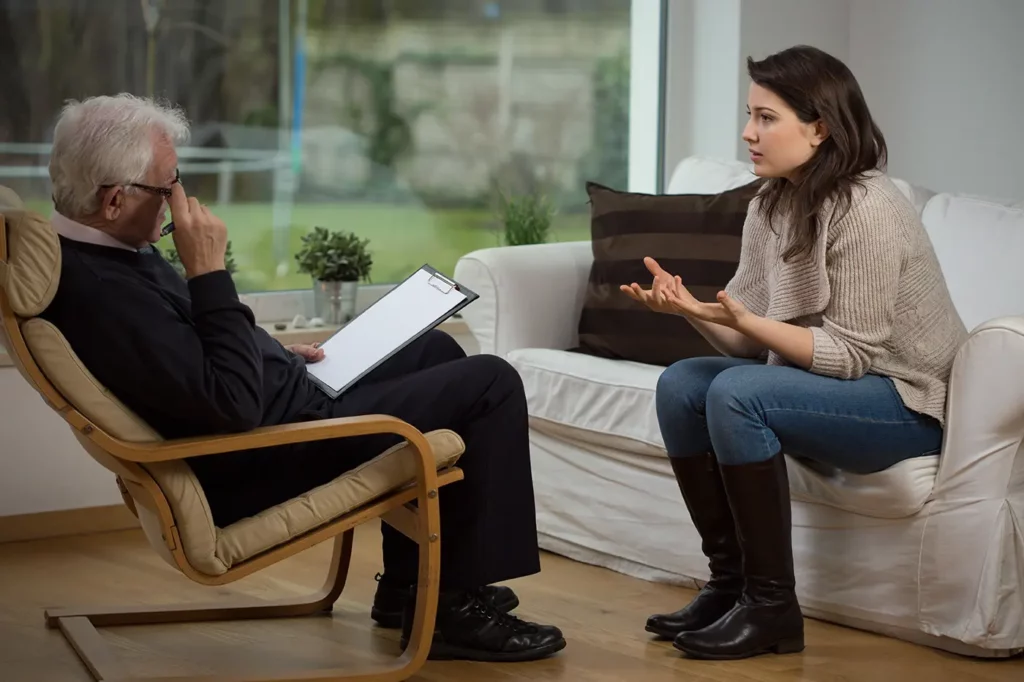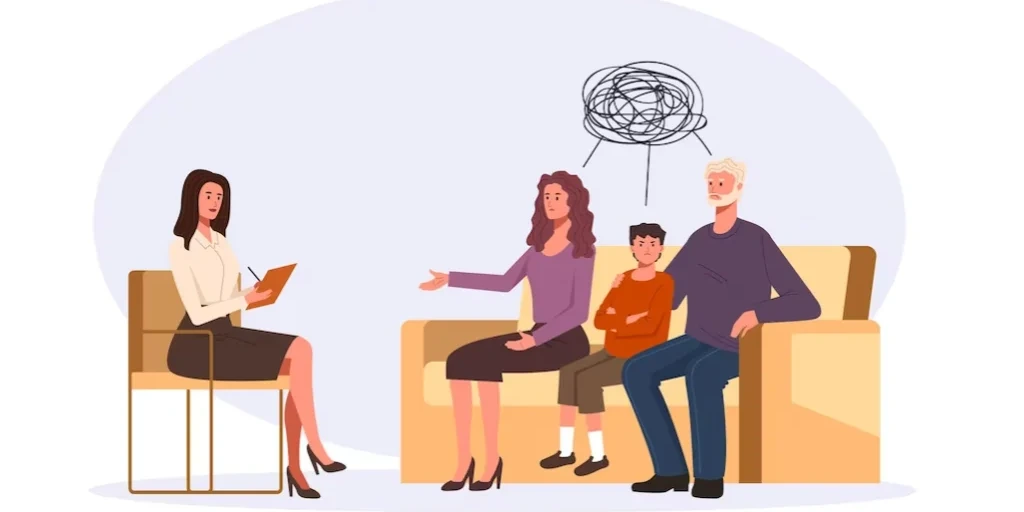24/7 Helpline:
(866) 899-111424/7 Helpline:
(866) 899-1114
Learn more about Morphine Rehab centers in Marion
Morphine Rehab in Other Cities

Other Insurance Options

Health Net

Ambetter

GEHA

AllWell

UMR

Medical Mutual of Ohio

Sliding scale payment assistance

WellCare Health Plans

Providence

Covered California

Multiplan

United Health Care

EmblemHealth

PHCS Network

Self-pay options

Optima

Holman Group

American Behavioral

Excellus

Access to Recovery (ATR) Voucher


































SUWS of the Carolinas
SUWS of the Carolinas offers residential treatment for individuals with alcohol and/or substance add...

Recovery Ventures Corporation
Located in Old Fort, North Carolina, Recovery Ventures Corporation provides alcohol and drug rehab s...








